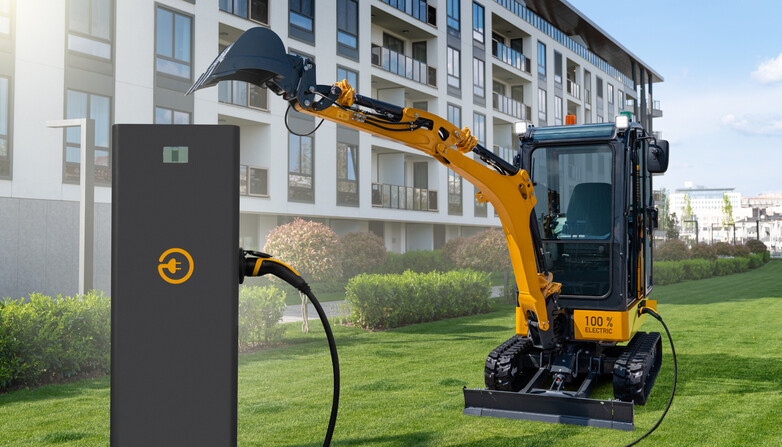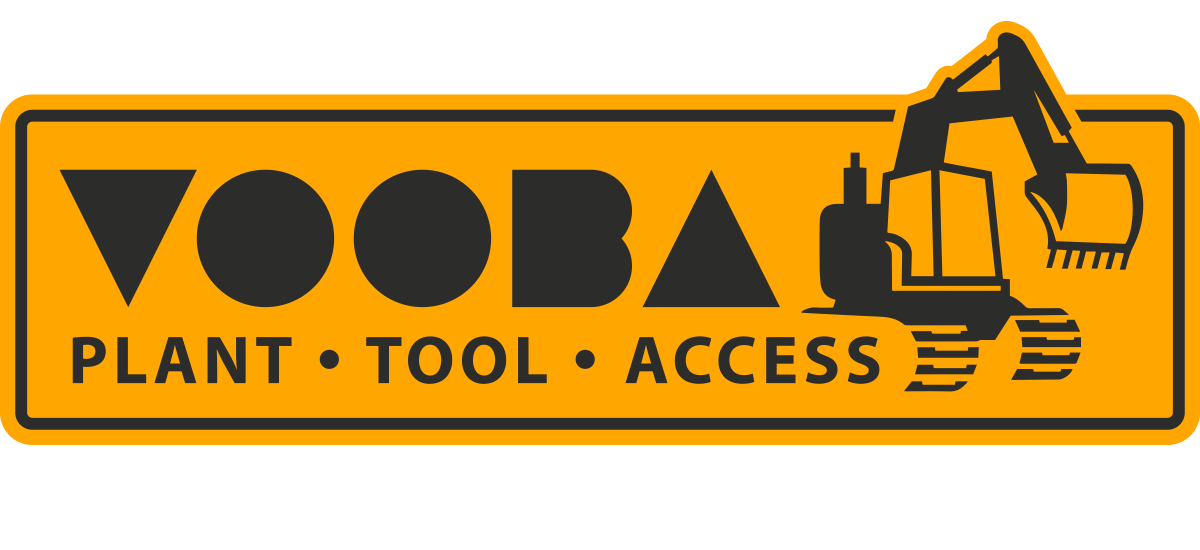 In recent years, the plant, access and tool hire industry in the UK has witnessed a significant shift towards considering the environmental impact of equipment choices. As companies strive to balance sustainability goals with meeting client demands, the debate regarding electric vs. diesel plant and equipment has gained traction. In this blog post, we will delve into the key considerations surrounding this topic, exploring the long-term environmental benefits of electric plant and machinery, while acknowledging the short-term challenges and implications for consumers.
In recent years, the plant, access and tool hire industry in the UK has witnessed a significant shift towards considering the environmental impact of equipment choices. As companies strive to balance sustainability goals with meeting client demands, the debate regarding electric vs. diesel plant and equipment has gained traction. In this blog post, we will delve into the key considerations surrounding this topic, exploring the long-term environmental benefits of electric plant and machinery, while acknowledging the short-term challenges and implications for consumers.
The Environmental Appeal of Electric Plant and Equipment
A low environmental impact has become an important selling point for products and services across a range of industries. According to research published by Statista in February 2023, the construction industry accounts for around 3% of the UK’s carbon dioxide emissions.
Carbon emissions are not the only consideration though, as the industry is under close scrutiny for waste production, noise pollution and other large particle emissions. Electric plant and machinery provide an appealing alternative to petrol or diesel equipment for companies and consumers alike. Some of the key benefits of electric plant include:
- Reduced Carbon Footprint: Electric machinery offers a substantial advantage in terms of reducing carbon emissions. By eliminating exhaust emissions associated with diesel equipment, businesses can significantly contribute to curbing air pollution.
- Noise and Air Quality: Electric equipment operates quietly and emits zero tailpipe pollutants, making it ideal for projects in noise-sensitive areas or enclosed spaces. Reduced noise pollution enhances working conditions and promotes a healthier environment for both workers and nearby communities. Lower noise levels also extend the possibility for work to be carried out at night on some sites, improving project completion times.
- Long-Term Cost Savings: While electric machinery may have a higher upfront cost, it can lead to long-term cost savings. Electric motors are more energy-efficient and require less maintenance than their diesel counterparts. Lower fuel and maintenance costs, coupled with potential government incentives, make electric machinery an attractive option in the long run.
Short-Term Implications for Consumers
As with any large-scale technological change, the transition towards a fully electric, ecologically-sustainable future in the construction industry is strewn with obstacles.From the domestic consumer calculating the cost of charging and electric mini digger at home, to large corporations faced with the logistics of transitioning to fully-electric sites, some of the key concerns of investing in electric plant and machinery include:
- Technological Obsolescence: The rapid advancement of technology poses a challenge for early adopters of electric plant and equipment. As technology evolves, newer and more efficient models may become available, potentially rendering initial investments obsolete. It is crucial for businesses to consider the longevity of their equipment and stay informed about emerging developments. During the ongoing development of mobile phones, several generations have been necessary to reach the level of battery efficiency that we enjoy today. A similar issue occurs with electric machines and vehicles, with the hindrance that the necessary investment is usually much higher than that of a mobile phone.
- Charging Infrastructure and Grid Capacity: Adequate charging infrastructure is vital for the widespread adoption of electric machinery. Insufficient grid capacity and limited charging stations may present logistical challenges, particularly in remote areas. Collaborative efforts between industry stakeholders, government bodies and utility companies are necessary to expand the charging infrastructure and ensure seamless access to electricity.
- Higher Initial Investment: Electric plant and machinery often comes with a higher upfront cost compared to diesel alternatives. This initial investment can be a deterrent for some businesses, especially smaller enterprises. However, it's important to weigh this against the long-term benefits, such as lower operating costs, reduced maintenance and potential savings from government incentives or grants.
- Waste generation: The production of several generations of machines and equipment which will rapidly become obsolete, and the obligation to retire functioning equipment can raise concerns regarding unnecessary waste generation. In a zeitgeist where pollution is being examined at all of its sources, the environmental impact and wastefulness of destroying old products, only to manufacture replacements with a short life cycle is increasingly unpopular. There is an increasing interest in retrofitting old machinery to make it ecologically compliant. Some hirers will point out that older machines may suffer from too much wear and tear for this to be feasible, however as companies begin to make high investments in electric machines with potentially shorter useful lives, machine retrofitting may well pose a viable solution.
- Global Environmental Impact: While electric plant and equipment contribute to improving the local environment, concerns arise regarding the manufacturing processes and sourcing of materials for electric machinery. The production of batteries and other components may have environmental implications in regions where regulations are less stringent. Striking a balance between improving our carbon footprint and ensuring responsible sourcing and manufacturing practices is crucial.
The electric vs diesel debate in the plant and equipment industry showcases the complex trade-offs businesses face when striving to align environmental objectives with consumer demands. Recent soaring electricity prices, compounded by the irony that the grid still relies heavily on traditional “unclean” fuels to generate “green and clean” energy have done little to help the cause.
All obstacles aside, the ideal of living in a world where all energy needs can be met by clean, affordable and innocuous sources is clearly one worth working towards and can hopefully be achieved with lots of little steps in the right direction.
Is electric machinery a good investment right now?
In the present market electric plant and machinery offer numerous benefits, including reduced emissions, improved air quality and potential cost savings. There are some short-term challenges such as technological obsolescence, charging infrastructure limitations, initial investment costs and global environmental impact to be considered.
Most companies in the position to do so are gradually expanding their fleets with electric machines, which prove suitable for work in low emission and low noise zones. During this period of transition, hybrid machines offering the best of both worlds seem to be considered a safe investment.
If you enjoyed this blog post and would like publications of this nature and calibre on your site, get in touch with Abnix Solutions today. We are a digital marketing agency with specialist knowledge of the construction industry. Call us today on 01798 667 167.
https://www.statista.com/statistics/486106/co2-emission-from-the-construction-industry-uk/
